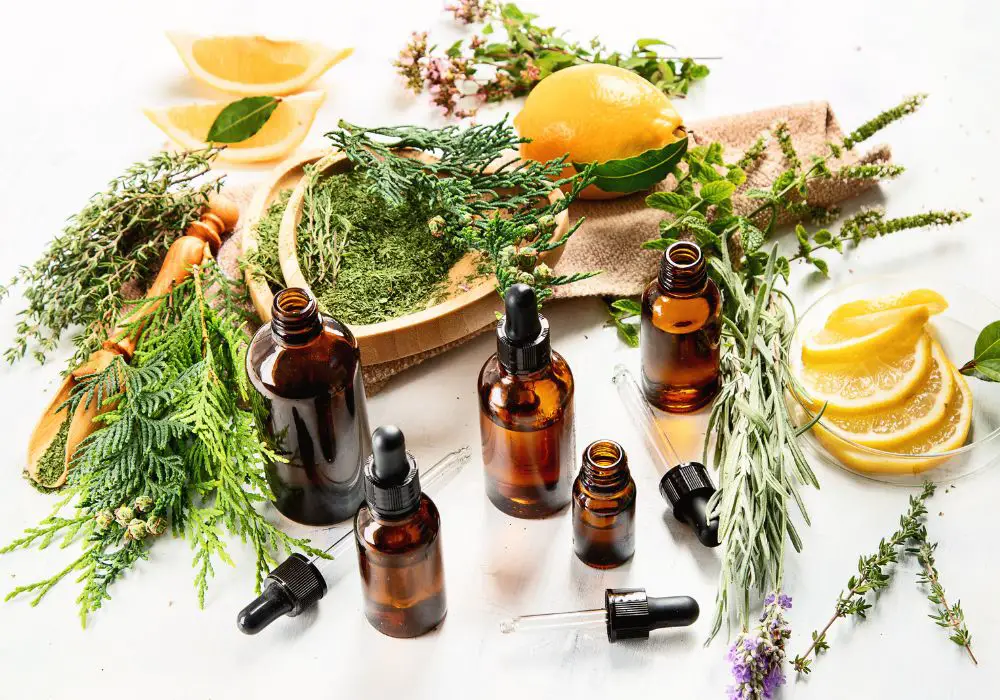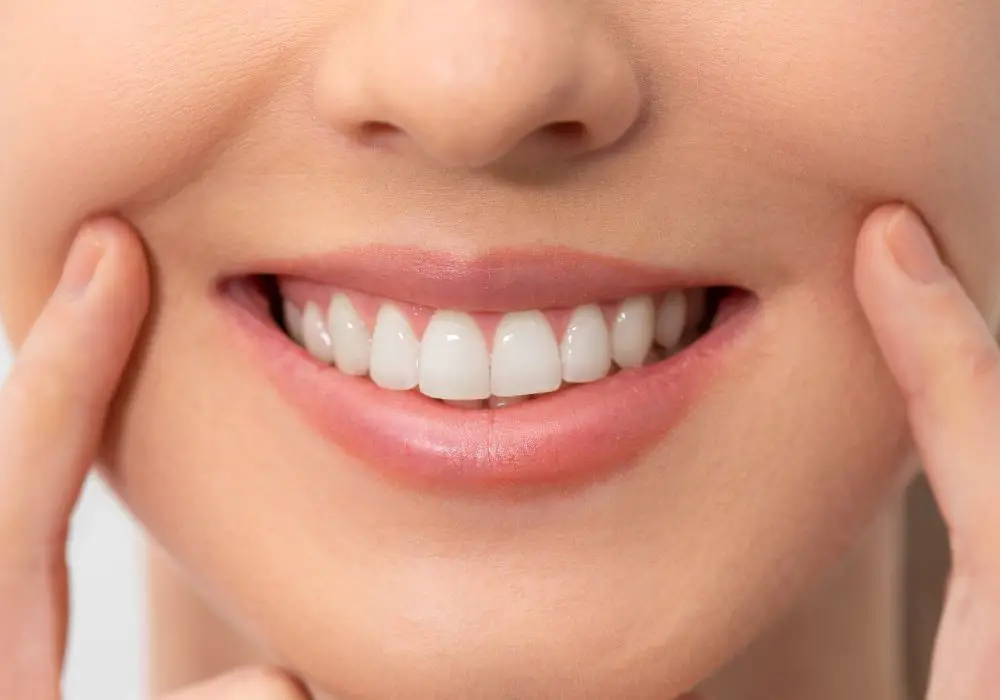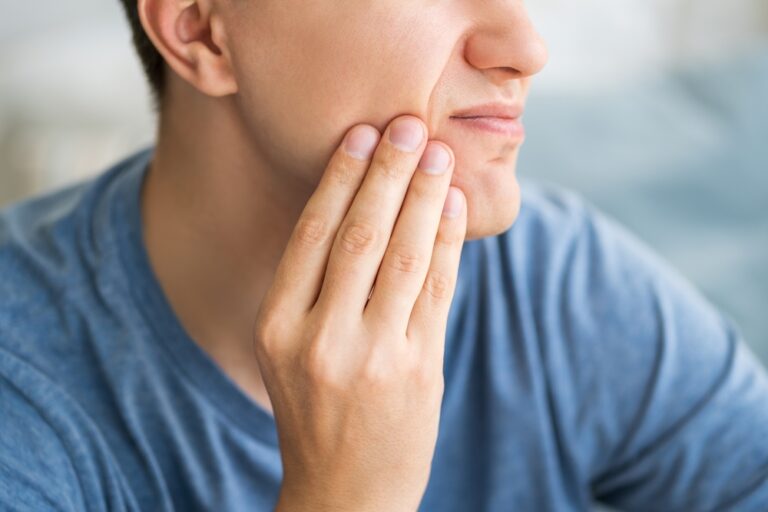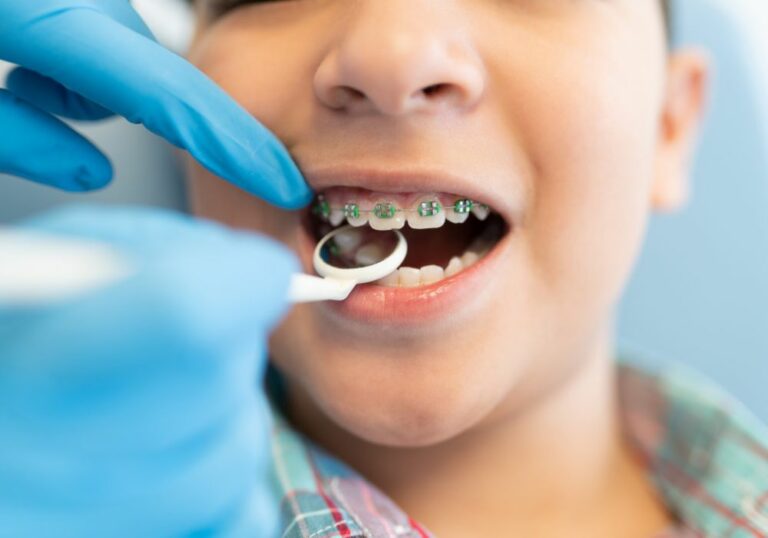If you’re looking for a natural way to improve your dental health, you may have heard about the benefits of essential oils. Essential oils are highly concentrated plant extracts that have been used for centuries for their healing properties. Some people believe that certain essential oils can help remineralize teeth, which means they can strengthen and repair tooth enamel.
Tooth enamel is the hard, protective outer layer of your teeth. It can become damaged or weakened over time due to factors like poor oral hygiene, acidic foods and drinks, and certain medications. When tooth enamel is lost, it can lead to tooth decay, sensitivity, and other dental problems. Remineralization is the process of restoring lost minerals to the enamel, which can help prevent further damage and improve overall dental health.
While there is limited scientific evidence to support the idea that essential oils can remineralize teeth, some people believe that certain oils may be beneficial for dental health. For example, tea tree oil has been shown to have antibacterial properties, which can help reduce the risk of gum disease and tooth decay. Clove oil, which has natural analgesic properties, may also be helpful for relieving tooth pain. However, it’s important to note that essential oils should never be used as a substitute for proper dental care, including regular brushing and flossing, and routine visits to the dentist.
Understanding Essential Oils

Essential oils are concentrated extracts that are derived from plants. They are made by distilling or pressing the plant parts such as leaves, flowers, bark, and roots. These oils contain the natural fragrance and properties of the plant they are extracted from.
Origins of Essential Oils
Essential oils have been used for medicinal and therapeutic purposes for centuries. Ancient civilizations such as the Egyptians, Greeks, and Romans used essential oils for their healing properties. They were also used in religious ceremonies and for their aromatic properties.
Today, essential oils are widely used in aromatherapy, massage, and as natural remedies for various health conditions. They are also used in cosmetics, perfumes, and cleaning products.
Common Types of Essential Oils
There are many different types of essential oils, each with its own unique properties and benefits. Here are some of the most common types of essential oils and their uses:
| Essential Oil | Properties | Uses |
|---|---|---|
| Peppermint | Cooling, refreshing, and energizing | Relieves headaches, nausea, and muscle pain |
| Lavender | Calming, relaxing, and soothing | Promotes relaxation, relieves stress and anxiety |
| Tea Tree | Antimicrobial, antifungal, and antiviral | Treats acne, dandruff, and fungal infections |
| Eucalyptus | Respiratory, decongestant, and antiseptic | Relieves coughs, colds, and sinus infections |
| Lemon | Cleansing, purifying, and uplifting | Boosts mood, relieves nausea, and freshens the air |
It is important to note that essential oils should be used with caution and under the guidance of a healthcare professional. Some essential oils can cause skin irritation, allergic reactions, and other adverse effects if used improperly.
Teeth and Remineralization
If you’re looking for ways to take care of your teeth, you may have heard of remineralization. This process involves restoring minerals to your teeth, which can help strengthen them and prevent decay. While there are many ways to promote remineralization, some people wonder if essential oils can be effective. In this section, we’ll explore the process of remineralization and the factors that can affect it.
The Process of Remineralization
To understand how remineralization works, it’s important to know a bit about tooth structure. Your teeth are made up of several layers, including the enamel, dentin, and pulp. The enamel is the hard, outer layer that protects the tooth from damage. However, it can become weakened by acids produced by bacteria in your mouth. When this happens, minerals like calcium and phosphate can be lost from the enamel.
Remineralization works by restoring these minerals to the enamel. Your saliva naturally contains these minerals, and when conditions in your mouth are favorable, they can be deposited back into the enamel. This helps to repair any damage and strengthen the tooth.
Factors Affecting Remineralization
Several factors can affect the process of remineralization. These include:
- Saliva flow: Saliva helps to neutralize acids in your mouth and provides minerals for remineralization. If you have a dry mouth, you may be more prone to decay.
- Diet: Eating a balanced diet that’s rich in vitamins and minerals can help support remineralization. On the other hand, consuming sugary or acidic foods and drinks can weaken the enamel and promote decay.
- Oral hygiene: Brushing and flossing regularly can help remove plaque and bacteria from your teeth, which can help prevent decay. Using fluoride toothpaste can also help promote remineralization.
- pH balance: Your mouth has a natural pH balance, which can be affected by factors like diet and oral hygiene. When the pH is too acidic, it can weaken the enamel and promote decay.
While essential oils are sometimes touted as a natural way to promote remineralization, there’s limited scientific evidence to support this claim. Some essential oils, like clove oil, have been shown to have antimicrobial properties that can help kill bacteria in the mouth. However, more research is needed to determine if essential oils can actually promote remineralization.
In summary, remineralization is an important process for maintaining healthy teeth. While essential oils may have some benefits for oral health, there’s no clear evidence that they can promote remineralization. To support remineralization, it’s important to maintain good oral hygiene, eat a balanced diet, and visit your dentist regularly.
Essential Oils and Oral Health

Essential oils have been used for centuries for their therapeutic properties, including their ability to promote oral health. In this section, we will explore the different ways essential oils can benefit your oral health.
Antibacterial Properties
One of the most significant benefits of essential oils is their antibacterial properties. Many essential oils have been shown to be effective against the bacteria that cause tooth decay and gum disease. Some of the most effective essential oils for this purpose include:
- Tea tree oil
- Peppermint oil
- Clove oil
- Cinnamon oil
By using these essential oils in your oral care routine, you can help to reduce the number of harmful bacteria in your mouth, which can help to prevent tooth decay and gum disease.
Anti-Inflammatory Effects
In addition to their antibacterial properties, some essential oils also have anti-inflammatory effects. This can be particularly beneficial for those who suffer from gum disease, as inflammation is a key factor in the development and progression of this condition.
Some of the most effective essential oils for reducing inflammation in the gums include:
- Lavender oil
- Eucalyptus oil
- Frankincense oil
- Myrrh oil
By incorporating these essential oils into your oral care routine, you may be able to reduce inflammation in your gums and promote better oral health.
Promotion of Oral Hygiene
Finally, essential oils can also help to promote good oral hygiene. Many essential oils have a fresh, clean scent that can help to mask bad breath and leave your mouth feeling clean and refreshed.
Some of the best essential oils for promoting oral hygiene include:
- Peppermint oil
- Spearmint oil
- Cinnamon oil
- Lemon oil
By using these essential oils in your oral care routine, you can help to maintain good oral hygiene and keep your mouth feeling fresh and clean.
In conclusion, essential oils can be a valuable addition to your oral care routine. By using essential oils with antibacterial properties, anti-inflammatory effects, and the ability to promote good oral hygiene, you can help to prevent tooth decay and gum disease and maintain better overall oral health.
Can Essential Oils Remineralize Teeth?
If you’re looking for a natural way to remineralize your teeth, you may have heard that essential oils can help. But can essential oils really remineralize your teeth? Let’s take a closer look.
Scientific Research
There is some scientific research that suggests that certain essential oils may have remineralizing effects on teeth. For example, a study published in the Journal of International Society of Preventive & Community Dentistry found that a mouthwash containing tea tree oil, thyme oil, and peppermint oil was effective in reducing plaque and improving gum health.
Another study published in the Journal of Traditional and Complementary Medicine found that a mouthwash containing clove oil, tea tree oil, and basil oil was effective in reducing plaque and gingivitis.
While these studies are promising, it’s important to note that more research is needed to determine the true effectiveness of essential oils in remineralizing teeth.
Anecdotal Evidence
In addition to scientific research, there is also anecdotal evidence that suggests that essential oils can help remineralize teeth. Many people report using essential oils such as clove oil, peppermint oil, and tea tree oil to help improve their oral health.
Some people even use essential oils to make their own toothpaste or mouthwash. For example, you can mix coconut oil, baking soda, and peppermint oil to make a natural toothpaste that may help remineralize your teeth.
While anecdotal evidence is not as strong as scientific research, it can still be useful in determining the effectiveness of certain treatments.
Overall, while there is some evidence to suggest that essential oils may have remineralizing effects on teeth, more research is needed to determine their true effectiveness. If you’re interested in using essential oils to improve your oral health, it’s important to speak with your dentist or healthcare provider first to determine if it’s right for you.
Using Essential Oils for Oral Health

Essential oils have been used for centuries to promote oral health. They have natural antibacterial, antifungal, and antiviral properties that can help fight against harmful microorganisms in the mouth. Here are some safety precautions and effective application methods for using essential oils for oral health.
Safety Precautions
When using essential oils for oral health, it is important to follow these safety precautions:
- Always dilute essential oils with a carrier oil before use. Undiluted essential oils can cause irritation or even burning of the skin and mucous membranes.
- Do not swallow essential oils. They are highly concentrated and can be toxic if ingested.
- If you have sensitive skin or allergies, perform a patch test before using essential oils. Apply a small amount of diluted oil to a small area of skin and wait 24 hours to see if there is any reaction.
- Keep essential oils out of reach of children and pets.
Effective Application Methods
There are several effective ways to use essential oils for oral health:
- Oil pulling: Swish a tablespoon of coconut oil mixed with a drop of essential oil in your mouth for 10-20 minutes, then spit it out. This can help remove bacteria and promote healthy gums.
- Toothpaste: Add a drop of essential oil to your toothpaste before brushing to help fight against bacteria and freshen breath.
- Mouthwash: Add a few drops of essential oil to a cup of water and use as a mouthwash to kill bacteria and freshen breath.
- Gum massage: Mix a drop of essential oil with a carrier oil and massage onto the gums to help reduce inflammation and promote healthy gums.
Some of the best essential oils for oral health include:
- Clove oil: Has natural analgesic and antibacterial properties that can help relieve tooth pain and fight against bacteria.
- Peppermint oil: Has a refreshing taste and natural antibacterial properties that can help freshen breath and fight against bacteria.
- Tea tree oil: Has natural antifungal and antibacterial properties that can help fight against oral infections.
- Cinnamon oil: Has natural antibacterial and antifungal properties that can help fight against bacteria and promote healthy gums.
In conclusion, essential oils can be a natural and effective way to promote oral health. However, it is important to follow safety precautions and use them correctly to avoid any adverse effects.
Frequently Asked Questions
Can essential oils be used for oral health?
Yes, essential oils can be used for oral health. In fact, many essential oils have antibacterial and anti-inflammatory properties that can help prevent and treat gum disease, bad breath, and other oral health problems.
How do essential oils affect teeth and gums?
Essential oils can help promote healthy teeth and gums by reducing inflammation, fighting bacteria, and promoting remineralization. Some essential oils can also help whiten teeth and freshen breath.
What are the benefits of using essential oils for teeth?
The benefits of using essential oils for teeth include improved oral health, fresher breath, and whiter teeth. Essential oils can also be a natural and effective alternative to chemical-laden oral care products.
What are the risks of using essential oils on teeth?
While essential oils can be beneficial for oral health, they can also be harmful if used incorrectly. Some essential oils can cause irritation, allergic reactions, or even chemical burns if applied directly to the teeth or gums. It’s important to dilute essential oils properly and use them in moderation.
How can I use essential oils for teeth whitening?
To use essential oils for teeth whitening, you can add a few drops of essential oil to your toothpaste or mouthwash. You can also mix essential oils with baking soda to create a natural teeth whitening paste. However, it’s important to note that essential oils should not be used as a sole means of teeth whitening and should be used in conjunction with good oral hygiene practices.
Are there any natural ways to remineralize teeth?
Yes, there are several natural ways to remineralize teeth. Eating a healthy diet rich in minerals and vitamins, reducing sugar intake, and using fluoride toothpaste can all help promote remineralization. Essential oils like peppermint and clove can also help promote remineralization and improve oral health.







